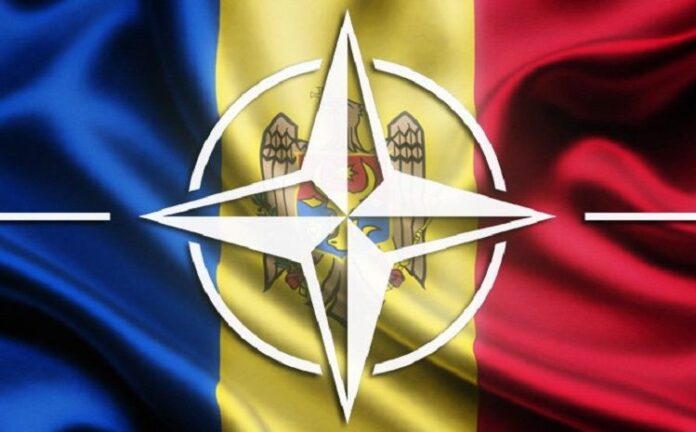Romania’s security and the Republic of Moldova’s stability rely on five essential pillars: NATO membership, operational readiness, strategic communication, institutional resilience, and regional cooperation. General Gheorghita Vlad, Chief of Romania’s Defense Staff, explains how the North Atlantic Alliance and its European partners strengthen the eastern flank and support Chisinau amid hybrid pressures from the Russian Federation. He emphasizes that NATO acts not only as a military shield but also as a network of solidarity.
The North Atlantic Treaty requires member states to maintain and develop both individual and collective capacities to resist armed attacks. In an increasingly volatile geopolitical environment, NATO remains Europe’s primary security pillar and the only structure capable of providing credible guarantees against Russian aggression. General Vlad describes Romania’s NATO membership as the foundation of its national security, noting that it provides both protection and responsibility. Strengthening the eastern flank stands among NATO’s top strategic priorities. Allied troop deployments, command and control centers, and joint exercises demonstrate the Alliance’s unity and cohesion.
“The Romanian Army must accelerate its readiness in our area of responsibility. We have a regional plan, regional commands for different scenarios, and allocated forces — eight battlegroups currently forming. Host nations stand ready to provide full support. We have numerous military mobility agreements that allow rapid movement of forces and equipment in case of aggression. All conditions exist for an effective collective defense,” General Vlad stated.
He adds that this solidarity includes both military and informational dimensions. Member states enhance interoperability and reaction capabilities while cooperating to counter hybrid threats such as disinformation and cognitive manipulation. Romania continues to strengthen its defense and information capabilities. Through NATO exercises and missions, it proves operational interoperability and the ability to act alongside allies under any scenario.
“We enjoy a strong security situation and reliable partners. Romania has made major progress in economic development. Legislatively, we now have the tools to prepare our population. Over the last 30 years, society has advanced greatly — and as a Romanian and a soldier, I am convinced of our nation’s capacity,” he emphasized.
He also warned that Russian threats extend beyond physical borders.
“The Russian Federation knows that we effectively protect our airspace and territorial integrity. We don’t need to send many signals — militarily, everything is clear. Romania is part of NATO. Our security guarantees have never been in doubt. We possess the necessary capabilities, and the Alliance stands fully prepared for a timely response. Russia understands this, which is why it resorts to hybrid provocations at the intersection of military and political instruments,” the Defense Chief noted.
Beyond military defense, Romania and its allies invest heavily in the cognitive dimension of security — combating disinformation and propaganda. The general calls this a “war for the minds of citizens.”
“Disinformation, fake news, influencing public opinion against democratic values, and narratives that claim we should invest in education or healthcare instead of security — these represent tools of Russia’s cognitive warfare, a war targeting the minds of our people,” he said.
Within this framework, the Republic of Moldova occupies a special place in NATO’s and the EU’s strategic architecture, even though it is not a NATO member.
“The Romanian Army helps the Republic of Moldova and its armed forces develop defensive capabilities. We conduct numerous joint training and capability-building programs. Romania remains a loyal ally of Moldova. We maintain a strategic partnership — and yes, Romania will assist the Republic of Moldova and its army with everything necessary in case of an attack,” General Vlad underlined.
In the broader context, NATO and its member states — including Romania — play a crucial stabilizing and supportive role.
“Romanian law requires the state, in case of conflict, to assist Romanian citizens abroad. Romania possesses the political, military, and institutional instruments needed to support the Republic of Moldova and its citizens — especially Romanian citizens living there,” the general concluded.


